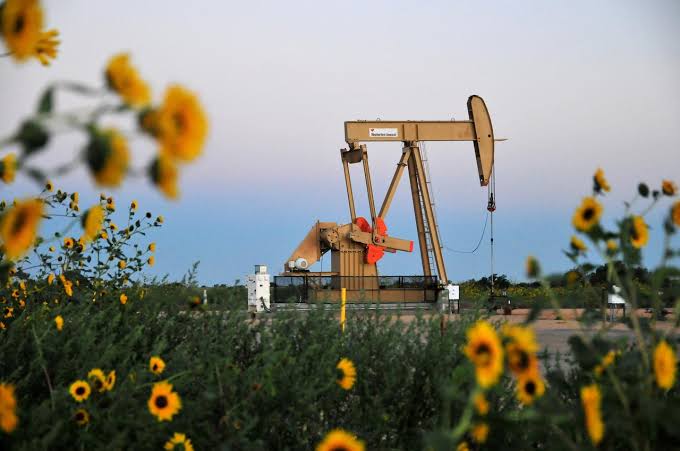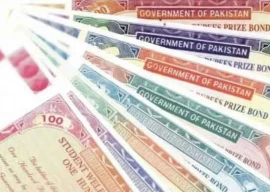
Brent crude futures for January rose $0.8 to $62.49 a barrel by 1203 GMT, erasing earlier losses and reaching peaks last seen on September 27. December US crude futures also swung back into positive territory, up $0.64 at $56.84 a barrel.
Chinese President Xi Jinping and US President Donald Trump have been in continuous touch through "various means", China said on Monday, when asked when and where the two leaders might meet to sign a trade deal.
On Friday, prices jumped by about $2 a barrel after US officials said a deal could be signed this month.
"For all of Friday's feel-good factor, there is no guarantee that they will put pen to paper before the end of the year. This could be problematic, given that US tariffs planned for December 15 remain on the table," PVM analysts said in a note.
Capping gains, euro zone factory activity contracted sharply last month as demand was dented by the trade war and continued lack of clarity over Britain's departure from the European Union, a survey showed.
"The oil market faces ample supplies with global demand almost stagnant and supplies rising," said Norbert Rucker, Head of Economics at Swiss bank Julius Baer. "We (...) see oil prices trading around $60 per barrel in the near term and lower longer term."
In an effort to prop up oil prices, production cuts by the Organisation of the Petroleum Exporting Countries (OPEC), Russia and other producers since January have reduced oil output by 1.2 million barrels per day.
Yet Russia again fell short of its obligations under the pact, energy ministry data showed on Saturday.
OPEC's output recovered in October from an eight-year low after a rapid rebound in Saudi Arabia's production from attacks on its oil infrastructure in September, offsetting losses in Ecuador and voluntary cuts under the pact.
On Monday, however, Iranian Oil Minister Bijan Zanganeh was quoted as saying that he expects further production cuts to be agreed at the next meeting of OPEC in December.
Saudi Aramco finally kick-started its initial public offering on Sunday but valuations vary by more than $1 trillion, according to fund managers.
Meanwhile, Abu Dhabi's Supreme Petroleum Council on Monday approved the launch of a new pricing mechanism for Abu Dhabi National Oil Co's flagship Murban crude.









1732486769-0/image-(8)1732486769-0-270x192.webp)







COMMENTS
Comments are moderated and generally will be posted if they are on-topic and not abusive.
For more information, please see our Comments FAQ